The College of Arts and Sciences has named 10 new McCausland Fellows, recipients of the college’s most prestigious faculty fellowship for early-career faculty.
From an acclaimed novelist to a renowned biochemist, the new McCausland Fellows have distinguished themselves as outstanding artists, researchers, and educators early in their careers as South Carolina faculty. The three-year fellowship provides funding to expand and enhance their work in the classroom and in the community.
“The McCausland Fellows exemplify the best of who we all are and hope to be as teachers and researchers,” says Joel H. Samuels, dean of the College of Arts and Sciences. “Their impact on our students and on their fields already at this stage of their careers demonstrates not just potential but achievement right out of the gate. I look forward to supporting their work for many years to come.”
The Faculty Fellowship is part of the McCausland Foundation Programs in the College of Arts and Sciences established through a generous endowment from alumnus Peter McCausland (’71 history) and his wife, Bonnie. Since its inception in 2013, more than 60 McCausland Faculty Fellows have benefited from the program gift.
In addition to the Faculty Fellowship, the endowment supports a visiting scholars program and an innovation fund that supports projects to improve the student experience.
Meet the new McCausland Fellows for 2024:
Monica Patrice Barra
Department of Anthropology and School of the Earth, Ocean and Environment
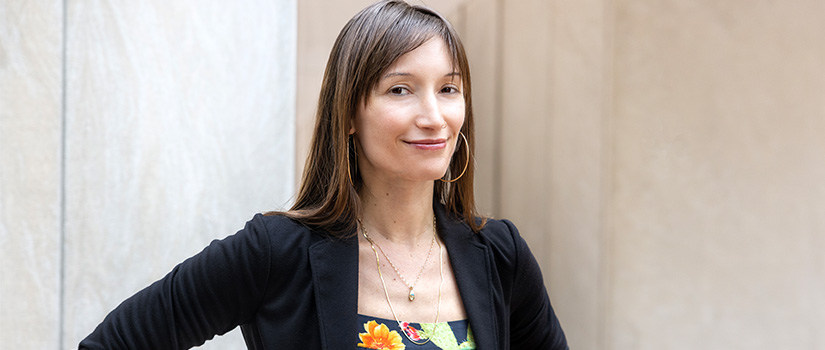
Monica Barra is a cultural anthropologist who is a Latinx, first-generation college graduate. Her ethnographic research focuses on the social, racial, and ecological politics of environmental restoration science and policy in the US South. Her critical work on racial justice and environmental repair has been supported by several national fellowships and grants from across the social sciences and humanities and has led to a number of cross-disciplinary and institutional collaborations.
In recognition of her excellence in research and teaching, in 2023 she won the university's Breakthrough Scholar Award. Department Chair Jennifer Reynolds says Barra is “a model of scholarly excellence, especially for our students of color who see themselves and their interests in our faculty.”
Agnes Bolinska
Department of Philosophy
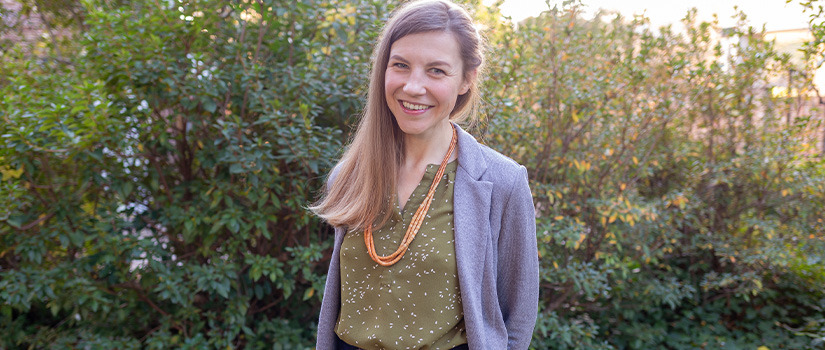
As a philosopher of science, Agnes Bolinska studies how scientists use models to understand biological systems. Her work includes collaborations with philosophers, historians, and scientists, including efforts to determine the structures of large biomolecular complexes by integrating data from multiple sources. Students report that she leads highly engaging classes, and she serves as a mentor through the Philosophy of Science Association’s underrepresented scholars initiative.
“She has already had impressive professional successes, and has made a considerable impact on the department,” says Matt Kisner, department chair. “Her focus on the ways that scientific practice responds to resource limitations is innovative and a fertile field of inquiry, which holds much future promise.”
Meredith DeBoom
Department of Geography
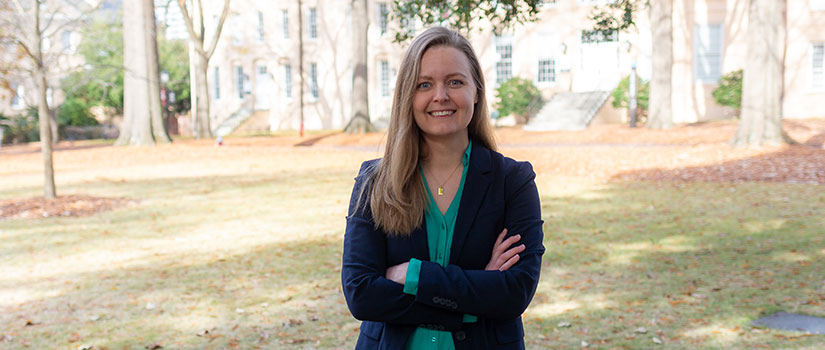
Meredith DeBoom has earned international regard for her research on geopolitics, human rights and the role natural resources play in political processes. She serves as president of the Political Geography Specialty Group of the American Association of Geographers and has published work in the international journal Geopolitics as well as The Washington Post. The BBC World News interviewed her about drought in Africa and international climate change.
DeBoom received a Mungo Undergraduate Teaching Award, and she is a sought-after graduate advisor in environmental and political geography. Jerry Mitchell, department chair, says DeBoom “shows great promise in becoming a leading voice in the field of extractive resource geographies.”
Elizabeth Connors
Department of Political Science
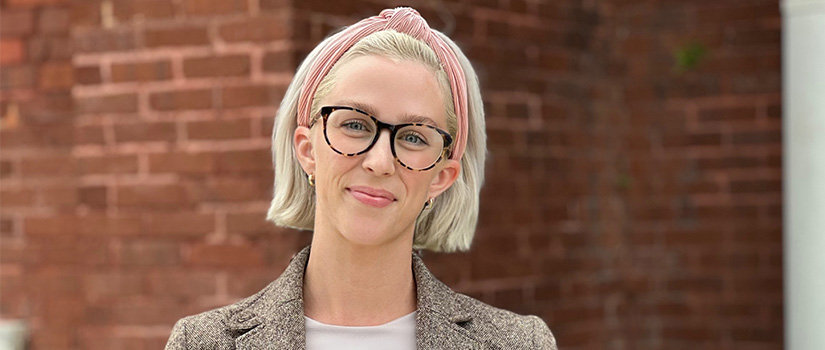
Elizabeth Connors’ research on American Politics has positioned her as a rising star in her field. Her articles have been featured in top-tier journals and won numerous awards. She published a book with Cambridge University press, and her inclusive approach to teaching makes her an excellent mentor to students at all levels.
Notably, one of her graduate classes conducted research that led several students to publish for the first time. Kirk Randazzo, department chair, says, “The process by which Connors produces such high-quality scholarship is impressive. At every stage, she includes students and teaches them about the intricacies of research.”
Noah Gardiner
Department of Religious Studies
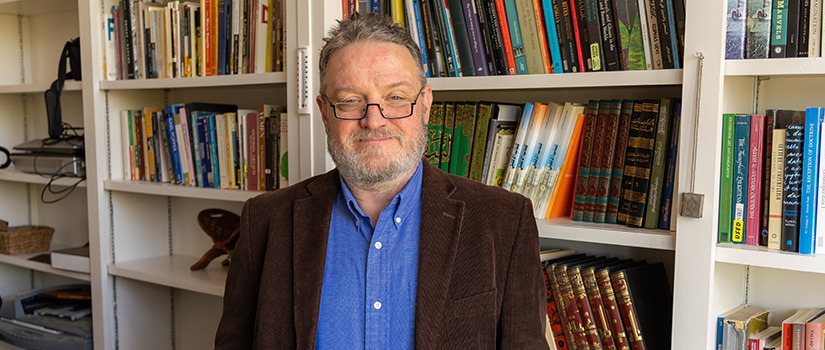
Noah Gardiner’s scholarship in the Islamic occult sciences is interna tionally recognized for innovation. He aims to reshape the scholarly landscape in the areas of Islamic manuscript tradition and the history of science. In addition to publishing widely, Gardiner holds leadership roles in the field and contributes to cultural events in the community.
As an educator, Gardiner receives unanimously positive reviews from students and peers alike. Erin Roberts, department chair, says, “Gardiner establishes a comfortable rapport with students while also challenging them to reconsider their own preconceptions. Teaching in the field of Islam is not an easy task, and yet his teaching is creative and rigorous.”
Dean Hardy
School of the Earth, Ocean & Environment
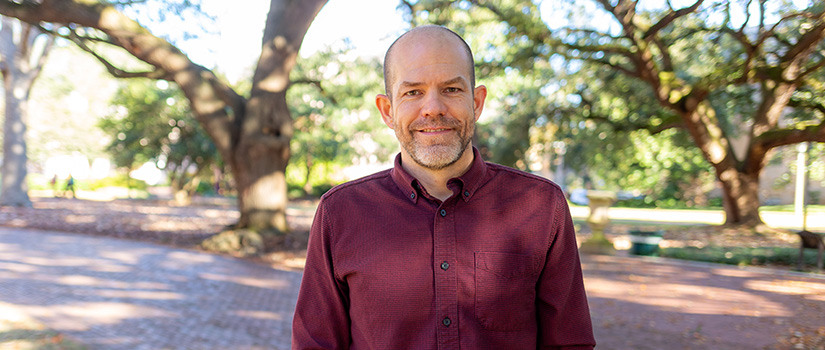
Geographer Dean Hardy’s scholarship breaks new ground in environmental justice by showing how policy and institutions create racial disparities in environmental impacts. His many research collaborations include a major project studying climate change and adaptation in Mississippi, funded by the National Science Foundation.
Hardy also has a stellar teaching record helping students combine technology with more traditional methods for studying environmental challenges. Peter Chametzsky, SEOE interim director, says, “His innovative research and leadership at the intersection of climate change and environmental justice pairs with his intensive course development and great teaching to make him an outstanding candidate for this award.”
Caitlin Hudac
Department of Psychology
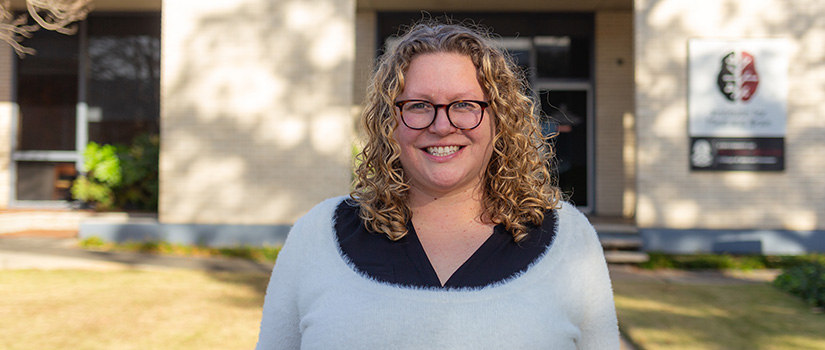
Caitlin Hudac’s research focuses on understanding the developing brain and how brain-body-behavior connections are different in neurodiverse populations, such as autistic individuals. Hudac has obtained significant funding from grants and demonstrated unique initiative by driving across the country to bring brain imaging equipment to the homes of nearly 60 research participants.
Hudac teaches her students the importance of inclusion in sciences, and she has helped the neuroscience field itself increase representation. Amanda Fairchild, associate department chair, says, “One of her papers on conducting EEG research was deemed as a breakthrough for providing necessary methodological procedures that are more inclusive of Black populations.”
Claire Jiménez
Department of English Language and Literature, joint appointment in the Department of African American Studies

Following her first short story collection, Claire Jiménez’s debut novel, What Happened to Ruthy Ramirez, has made her a rising star in the literary scene. The novel has been called one of the best books of 2023 by Time Magazine, Booklist, Library Journal, HipLatina and Today.com, among other publications. Her ongoing scholarship on The Puerto Rican Literature Project has also gained significant funding.
Jiménez’s graduate fiction workshop has been lauded by MFA students, with four novelists now under her mentorship. Susan Courtney, department chair, says, “Our students have exceptional access to, and the invigorating wisdom and mentorship of, this emerging rockstar novelist and scholar.”
Brent Klein
Department of Criminology and Criminal Justice

Brent Klein has set a new pace for scholarship, grant writing and national recognition, both in the department and the field. His research covering topics such as school shooting events and terrorism has received funding from the Department of Homeland Security as well as the National Institute of Justice, positioning him as a trusted voice to inform federal policy related to gun violence, prevention, criminology, and human development.
Department Chair Wendy Regoeczi says, “The extent of his accomplishments at this stage in his career are truly exceptional, and his research areas cover some of the most pressing crime issues currently affecting the country.”
Jie Li
Department of Chemistry and Biochemistry
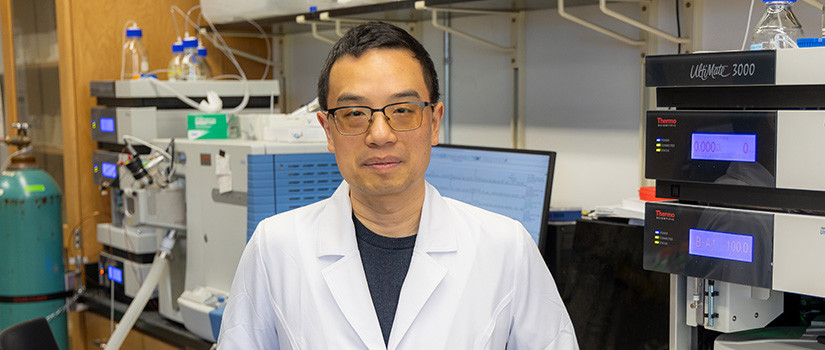
Jie Li’s research in biochemistry and natural product chemistry is recognized nationally for innovation and excellence. With abundant extramural funding and a prolific publication record, Li has increased not only his reputation in the field but also that of the department and USC. His teaching and service record are equally impressive.
Qian Wang, department chair, praised Li's outreach to local elementary, middle, and high schools. Li has also included students from historically Black colleges in workshops and summer research. One of his students writes, “Dr. Li is a phenomenal professor that does a great job of communicating information in an understandable way.”